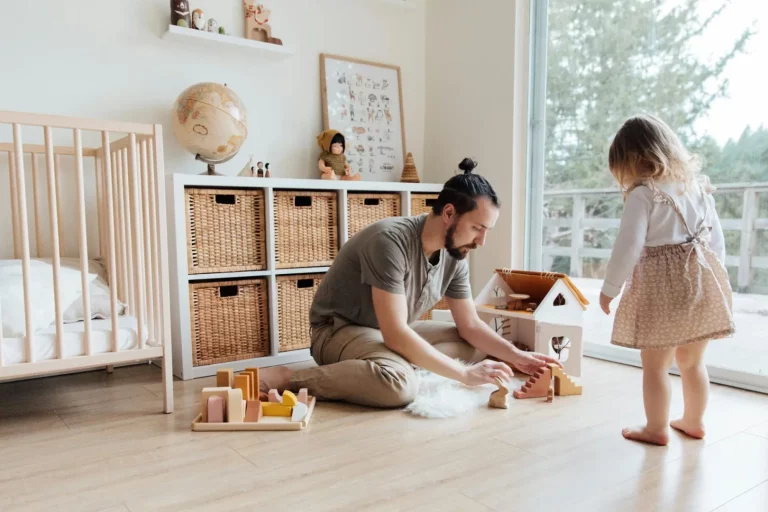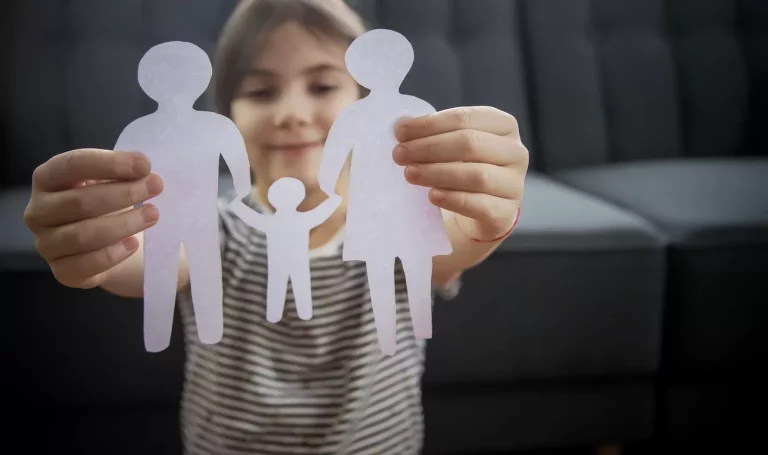Interest Factors in Child Custody: The Top 5 Factors to Consider
As experienced divorce lawyers, we understand the importance of determining the best interests of a child in custody cases. There are 5 factors that play a crucial role in this decision, and we are here to break them down for you in simple terms. Protecting the well-being of children during divorces is our top priority, and we are here to guide you through the process.
Based on the official family law guidelines set by the American Bar Association, the 5 best interest factors for child custody include the child’s relationship with each parent, their physical and mental health, and any history of domestic violence.
These factors also consider the child’s preferences, their stability in the current environment, and each parent’s ability to provide for their needs.
Relationship with parents
One key factor in deciding child custody is the parent’s relationship with the child. How well a child gets along with each parent can greatly influence who gets custody.
Kids do well when they have a strong bond with both parents. A loving and healthy relationship with parents gives children emotional support, stability, and a sense of security. To keep this bond strong, parents should talk to each other well, work together in raising the child, and always focus on what’s best for the child.
Courts also look at how well each parent can take care of the child’s physical and emotional needs. Believe it or not, parents who can provide essentials like food, shelter, and clothing are more likely to get custody. Courts favor parents who offer a stable and caring environment.
The child’s wishes can also matter, depending on their age and maturity. If a child strongly prefers one parent, the court may take that into account. However, the main focus is always on what’s best for the child.
Parental ability to provide care
When deciding child custody, courts consider who among us can provide the best care for the child.
Basically, this means thinking about who can meet the child’s basic needs like food, shelter, and medical care. It’s also important to make sure the child feels safe and loved. Parents who help the child learn and grow are seen as good caregivers. Keeping the child’s routines and relationships stable is very important too.
Sometimes, parents need to work together to make decisions about the child’s life. This involves talking and solving problems without fighting. To be fair, encouraging a good relationship with the other parent is also a sign of good parenting. Giving the child time and attention is important, which includes being there emotionally for the child. Parents who understand and respond to the child’s needs are better caregivers.
Taking care of both the child’s physical and emotional health is very important.
Emotional bonds with each parent
Kids who have strong emotional ties with both parents usually do better emotionally and in general development. These bonds give them a sense of safety and help them handle their parents’ separation better.
When looking at what’s best for a child in custody cases, the emotional bonds with each parent are key. These connections affect how well the child can adapt to changes in where they live and impact their relationships with both parents. If you think about it, a child’s bond with each parent also influences how openly they communicate and share their feelings. Parents with strong emotional connections to their kids are better able to support and guide them through a custody arrangement.
Child’s age and preferences
Young children might find it hard to say what they want and can be more influenced by their main caregiver. Older kids usually know what they prefer and can express it better. It’s important to think about how old the child is and their stage of development when deciding what’s best for them.
What a child wants can change based on their age, personality, and the situation. Some kids might care more about keeping things stable and consistent, while others might want to spend time with both parents. In other words, it’s important to listen to the child’s feelings and also look at the bigger picture of the custody situation.

History of caretaking
Throughout history, people have taken care of others, like children, elders, or those in need. The ways of caretaking have changed over time, with different cultures and societies coming up with their own methods of providing care and support.
Regarding child custody, there are 5 main factors that are considered to ensure the child’s well-being and safety. These factors aim to place the child in an environment that supports their physical, emotional, and developmental needs. Important aspects like the child’s relationship with each parent, living arrangements, and overall stability are taken into account when determining custody arrangements.
Frankly, the history of caretaking has significantly influenced these factors. As societies have advanced, our understanding of what is best for children in custody cases has improved. The focus is now on ensuring that children are placed in loving, supportive, and stable environments where they can thrive.
To Conclude
In determining child custody, it is very important to consider factors such as the child’s safety, emotional well-being, and stability in each parent’s home.
What TheBostonDivorceLawyers is aiming to help with is, other key factors include the child’s relationships with both parents, their educational and extracurricular needs, as well as any history of abuse or neglect. Ultimately, the best interest of the child should always be the top priority in making custody decisions.







